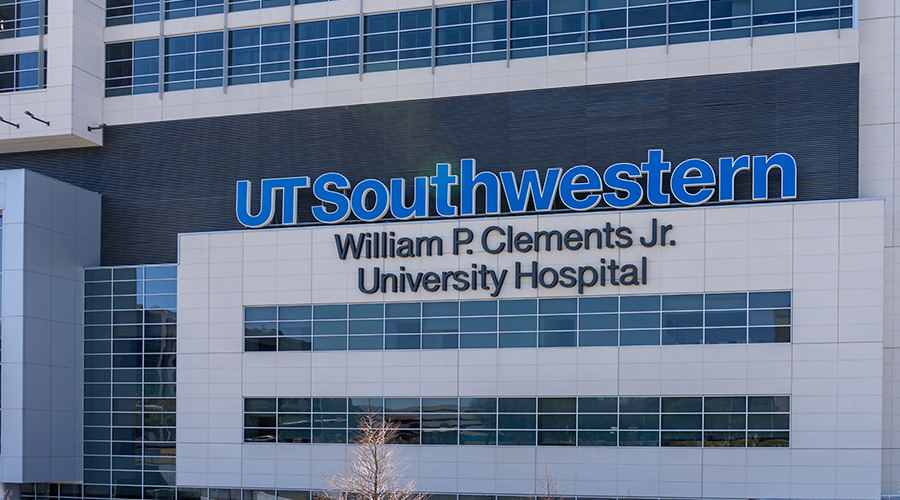Healthcare Leases: Use Restrictions and Religious Directives
Whether a healthcare tenant is leasing space in a medical office building or a retail strip center, there is a good chance that there are use restrictions that apply to the space. In traditionally retail settings, there are not usually specific prohibitions against medical uses. However, some ancillary restrictions through exclusive uses, such as a grocery store anchor prohibiting the dispensing of any pharmaceuticals — so that its own pharmacy will benefit — can trip up the use of some medical tenants.
Furthermore, there are rules and regulations and other prohibited uses in a typical retail setting that may implicate a medical use or otherwise be inconsistent with the operations of a medically related tenant. For example, patients regularly spilling over onto sidewalks or constant transportation via ambulances in the case of dialysis clinics may create problems with other tenants in the shopping center or retail center.
In the case of medical office buildings associated with hospitals or health systems, these buildings are usually restricted on the use that can be made of any leased space that would compete or interfere with the hospital's mission or procedures. Such restrictions are possible because the hospitals own the medical office building, have restricted certain uses as part of the original disposition to the current third party owner, or master lease the medical office building; or else the property is ground leased with the hospital as the ground lessor.
In either case, whether a traditionally retail setting or a medical setting, leasing attorneys do not always obtain title abstracts or commitments for the leased properties. However, restrictions are usually recorded and real estate practitioners would be wise to obtain copies of all recorded documents early in the process to confirm there are no issues.
For example, hospitals can restrict certain diagnostic equipment and procedures such as CT scanners, MRI units, ambulatory surgery, catherization facilities, arteriograms, angioplasty procedures, mammography, urodynamics, cystoscopy with fluoroscopy, or other inpatient invasive procedures — the list goes on. Quite reasonably, hospitals do not want to allow space that they own or lease, and that they do or can control, to be utilized for uses that compete with hospital procedures. Such use restrictions and exclusivity provisions are common in the healthcare arena, whether the single physician is being restricted in his or her activities within the leased premises or the large physician group is requiring an exclusivity provision as a requirement of their leasing any particular space.
In a leasing context as to the specific use of a tenant, the landlord will typically want to control the tenant's use by drafting language tightly circumscribing the tenant's activities or use on the premises, while the tenant will want a broad definition of use allowed. One difficulty for the real estate practitioner is seeing into the future of healthcare to determine what uses consistent with a current healthcare use are not too restrictive for reasonable future medical advances, but would likewise not be competitive with future activities of the hospital or healthcare system controlling the space. Some uses in some states require a Certificate of Need, in which case the determination of where to lease space is much more complicated and will necessarily impact possible uses.
Religious directives also play a part in use restrictions, though not typically in the retail setting but rather associated with hospitals owned by not-for-profit religious entities. These religious-based institutions often have directives intended to preserve the sanctity of that religion's deeply held beliefs and convictions. For example, most Catholic-owned medical office buildings prohibit tenants from performing procedures contrary to their ethical and religious directives, such as abortions, euthanasia, stem cell harvesting, non-medically indicated sterilizations, or being used as a contraceptive clinic.
Another issue that arises in the healthcare context that is often contentious is the leasing of space to uses considered undesirable. For example, methadone clinics or other alcohol or drug rehabilitation clinics often bring opposition from neighbors, not to mention other tenants. Also, leasing to pharmacies, for example, can create security issues for the landlord, and liability in the event other tenants are negatively impacted.
This is the fourth part of a 10-part series on healthcare leasing issues. Remaining parts will appear monthly throughout 2015.
Brooks Smith is a commercial real estate and finance attorney for Bradley Arant Boult Cummings LLP. He regularly represents healthcare clients in all aspects of commercial real estate development, acquisition, disposition, leasing, and financing. Connect with Smith on LinkedIn or through Bradley Arant Boult Cummings’ website.
Related Topics:

















